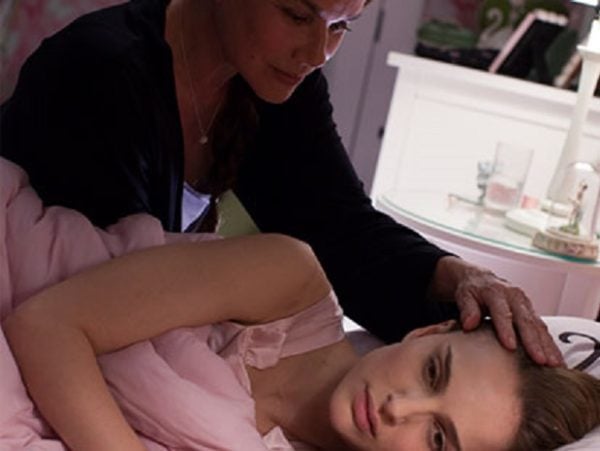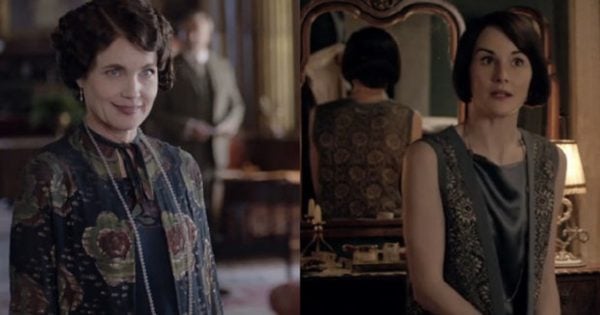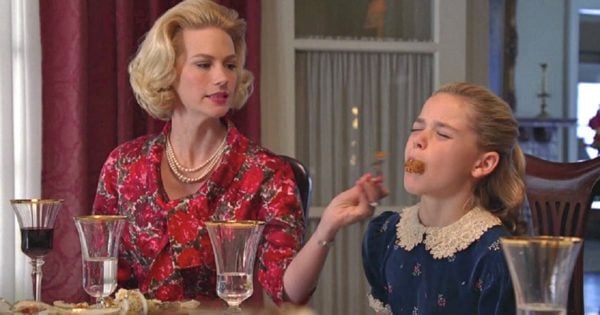
My mother and I have worked hard to create the amazing relationship we have today. She truly is my best friend and looking back I can see she did her best to raise her four children, as I am doing my best to raise my three children. That didn’t stop me from blaming her for absolutely everything during my teenage years, especially when she used to nag me.
“Turn the lights off.”
“Eat your dinner.”
“Do your homework.”
“Look after your brother.”
In our parenting podcast This Glorious Mess, teenager Grace Halphen wrote to Aussie celebrities asking for their extraordinary advice. Article continues after this video.
Now there’s a study that claims “nagging mums” (thanks Mum!) result in more successful daughters. The study by the University of Essex in England found girls with nagging mothers are more likely to go on to tertiary education, earn more, are less likely to be unemployed, will partner with someone successful and are less likely to fall pregnant outside of a steady relationship.
Does this mean all mums have to become naggers, or is this an excellent reason to continue to blame our mothers for our failures well beyond our teenage years. Because we don’t torture them enough…






Top Comments
I'm an unfortunate member of number 7 also.
My mother is a massive control freak, and highly perfectionistic to boot; neither my brother or I were capable of meeting her standards so we've both moved away from our home city. Whenever we visit her or vice versa, it's good for about 2 days but by the third day she's making us feel inadequate again! Distance was the only option in our family but it took me until I was in my late twenties to figure this out.
I'm in the number 7 category..
Since I was about 15 I started realising that I was starting to act more like the mother, it really hit home when I was about 17/18 and then I moved out at 19.
We have had a turbulent relationship ever since to now (I'm 26) and prefer to avoid for anything other than big events (family weddings, birthdays, christmas etc) It works much better for us.